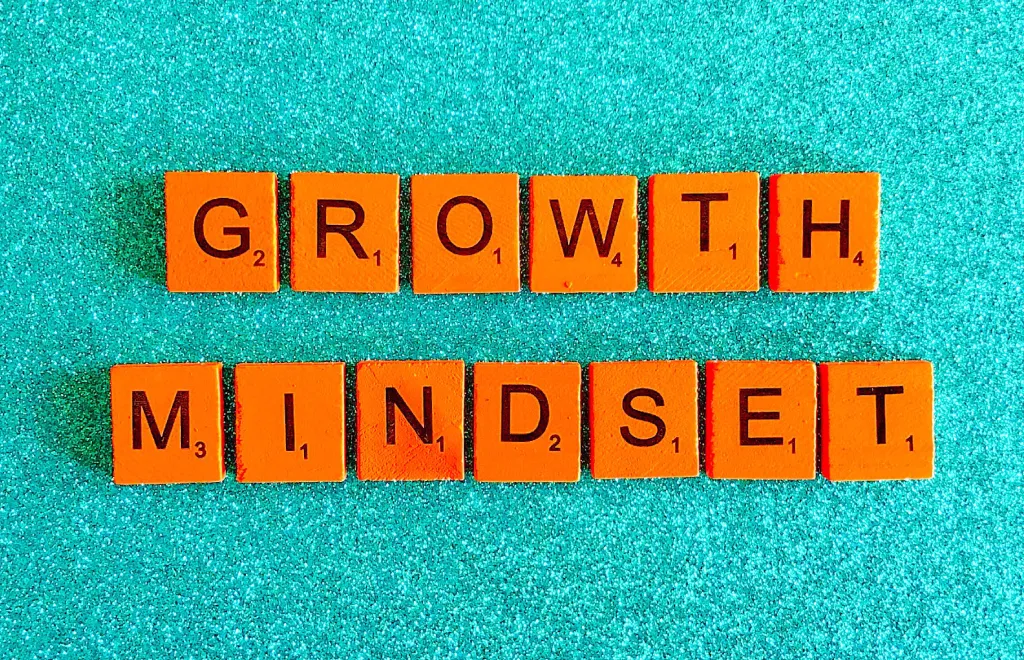What Makes a High Performer and How to Become One
High performers are every company’s dream. We mean, it’s no secret that top performers contribute a disproportionate amount of output in organizations.
They achieve their goals and improve the overall company’s performance. They basically do a lot more than “ordinary” employees and are always prepared to go that extra mile.
According to a study, 10% of productivity comes from the top 1% of employees, and 26% of output is a product of the top 5%. Sounds just about perfect, right?
But what is a high performer? And, what makes a high-performing employee a high performer? How do you know if you’re a high performer yourself? Let’s find out!

Free eBook: How to work smart, not hard
Get your free copy and discover how top productivity tips for teams and their leaders
What is a high performer?
A high performer is an individual who consistently produces superior results in their field or area of expertise.
They’re often seen as the “go-to” person by their peers and superiors and are typically rewarded with greater opportunities and responsibilities.
High performers are not only talented and skilled but also passionate and driven to be the best at what they do. They’re constantly seeking out new challenges and ways to improve their skills.
How to identify top performers: 5 traits of high performers
High performers are the high achievers of the team. They’re the employees who consistently take on more work and leadership tasks and go above and beyond, always.
High performers usually take the initiative and focus on improving their habits and workplace behaviors so everyone benefits from their actions.
The top 5 key qualities of top performers are:
- Problem-solving: They have strong analytical skills and the ability to find effective solutions to challenges.
- Drive: They possess a strong determination and motivation to achieve their goals.
- Self-direction: They show a high level of autonomy and responsibility for their actions.
- Strategic thinking: They have a forward-thinking mindset, envisioning the big picture.
- Initiative: They are proactive in seizing opportunities and taking action.

Problem-solving
High performers are great problem-solvers. They’re always looking for ways to improve their work, and they’re not afraid of change.
They know that problems are inevitable, but they also know that there’s always a solution to be found.
Drive
High performers are driven by a strong need to achieve their goals. But, it’s relevant to highlight the importance of setting realistic goals. Otherwise, they may feel unproductive and unmotivated.
High performers are eager for new challenges and always look for ways to improve their performance.

Free eBook: How to work smart, not hard
Get your free copy and discover how top productivity tips for teams and their leaders
Self-direction
High performers are self-directed learners.
They’re constantly seeking new knowledge and skills so that they can be better at their jobs. They’re also not afraid to ask for help when they need it.
Strategic thinking
High performers are strategic thinkers.
They’re always thinking ahead and looking for ways to improve their work and productivity. They’re also quick to identify opportunities and threats.

Initiative
High performers are always taking the initiative. They’re not afraid to get their hands dirty and always look for ways to contribute to the team.
They’re also quick to identify and seize opportunities.
These are just some key attributes that make an employee a high performer. But what if you’re not sure you’re a high performer? Here are 10 tips to become a high-performing employee.
10 tips on how to become a high-performing employee
1. Manage your time
Being a master at managing own time is one of the most important skills a high performer must have.
Time management involves different things:
- time tracking apps
- time management techniques, such as Timeboxing
- setting priorities using frameworks, such as Stephen Covey’s time management matrix
- making to-do lists
- having the self-discipline to stick to your schedule and overcome procrastination
All these things are crucial to being a high performer because if you can’t manage your own time and if you’re always losing track of time, you won’t be able to get your tasks done.
Get to know the best time management techniques that will change your life.

Looking for a simple, yet robust time tracking tool?
Timeular has been recognized as the most intuitive and user-friendly tool by 50,000 team members worldwide. Try yourself!
2. Focus on your goals
As a high performer, this is mandatory. Top-performing employees generally focus all their time and energy on their work goals.
They always make decisions and respond if their choice will help them reach exactly what they wish for. So, if you wish to become a high performer, start each week and day by assessing your personal and professional expectations and aligning your work accordingly.
TIP: Having clear goals is one of the best time management tips you can follow if you want to master your time!
3. Show consistent effort
If there’s one thing you can always count on with high performers is that they’ll always give their best.
Besides being super organized and having a well-developed work routine, they mostly have positive workplace habits.
Managers and colleagues can always count on high performers to complete their tasks and to-do lists and achieve their goals.
So, to become a top performer, you must show good behavior and habits, as they can have a super important impact on other employees and give them something to strive for.
Read also: How to be more efficient

4. Stay positive
Being positive when interacting with colleagues, managers, and clients is extremely valuable when you’re a high performer.
Their interaction and attitude affect their environment, so being positive is essential.
Rather than complaining about work or challenges, high performers focus on what must be done and exude positivity.
Do everything you can to avoid stress, since stress negatively impacts your productivity.
5. Be open to feedback
Managers give constructive feedback because it helps employees improve, and it’s one of the best ways to motivate employees to be more productive.
Unlike regular employees, top performers tend to accept constructive criticism and feedback very positively.
As they’re so ambitious and consistently trying to improve, when advice and opinions are given, they’re glad they can grow from them.
Instead of taking things personally, to become a high performer, you must make sure you clearly understand the feedback that is given to you and how you can be better.
Also, be proactive, make steps and plans to act on the suggested improvements, and see how it can become an investment in your own success.
As a top performer, you must see criticism to grow and should feel gratitude towards the person who is giving you the feedback.
6. Have strong skills
This is mandatory for obvious reasons.
You can’t simply become a high performer if you’re not technically a master at your work.
Your skills, meaning the knowledge or subject of expertise you have on your job, as well as interpersonal and relational abilities, are vital to solving problems under pressure.
Top-performing employees must be highly capable and skilled in both areas.
Find why time management is considered one of the most important soft skills you can have.

7. Always look for growth
Top performers are very ambitious, not only professionally but also personally. Therefore, having long-term goals and looking for growth within the company is part of the plan.
Professionally, they’re always looking for skills-based training, researching innovative ways to do their job, and seeking additional responsibilities.
Top performers know workshops or webinars can help them acquire skills, qualifications, and confidence to increase their productivity at work.
As for the personal side of it, high-performing employees also wish to set goals for their careers, such as promotions and hierarchical growth, to earn more and live a more comfortable lifestyle.
You might be interested in reading one of the best productivity books or listening to the best productivity podcasts.
8. Respect everyone
Even though you’re a top performer, you’re not allowed to treat anyone as if they’re inferior to you.
You should be extra humble and respect everyone around you equally, regardless of title or position. It’s about the simple things: say hello to everyone and smile, be polite, and be courteous.
Show respect for others by being inclusive and accepting, and try to lift others up by being helpful and motivational.

9. Be a leader and teacher
Being nice to others is obviously required as a high performer, but the key here is to be a leader, which is something that not everyone can do.
As a leader, you must use your skills and experiences to guide or manage others.
Even though many top workers have a leader-like personality to the people around them, they often don’t even have a leadership position. This means they set good examples and take an interest in others’ success.
As a top performer, if a colleague asks for your help, you help them. If a colleague needs any kind of support, you support them.
Discover how to be a good team leader.
10. Keep a healthy a work-life balance
To be a good top performer, you must also take care of yourself.
Life isn’t just about work, work, and more work. A healthy work-life balance is prioritizing your professional goals and desires with your desires and aspirations for your own life.
Ensure that you take care of yourself and create healthy habits within your routine: workout, drink water, take breaks from time to time, don’t overwork, listen to some music, and try to relax.
Conclusion
There you go. Here are the top 10 things you must do to become that top performer you wish for!
Don’t forget high performers understand the importance of excellence, consistency, and balance.
By following our list of tips and suggestions, you’ll get that much closer to achieving more than you ever dreamed of.
You might be interested in: